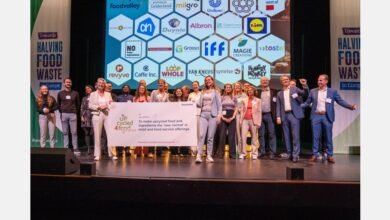Qawalangin Tribe works to reintroduce blue mussels as safe local food source

Published: 47 minutes ago
:quality(70)/cloudfront-us-east-1.images.arcpublishing.com/adn/AOL7P2K6D5FH5MY47AEMKRCFD4.jpeg)
While blue mussels are a traditional source of subsistence food in Unalaska, in recent years, reduced numbers and concerns about paralytic shellfish poisoning, or PSP, have limited the amount locals can safely harvest.
And now, the Qawalangin Tribe of Unalaska is trying to change that. The tribe partnered with Two Bears Environmental Consulting, an Alaska consulting group, to run a pilot study whether moving blue mussels around the island affects the levels of paralytic shellfish toxins (PST). According to the tribe, PST levels can differ greatly in neighboring locations and the toxin can be hard to detect, as harvesters can’t smell, taste or see it and it cannot be cleaned or cooked out. But the toxins can be tested. In Unalaska, blue mussels are shipped to a lab in Anchorage for testing.
On May 14, scientists collected mussels from the Dutch Harbor Spit and transplanted them to other parts of the island later in the week. They plan to collect the mussels again and test them for toxins in September. The big questions are whether the mussels will survive and populate after being moved and if they do, whether they will be safe to eat. In 2020, a person died in Unalaska after eating mussels and snails with high levels of PST. According to scientists, toxin levels in blue mussels are rising due to warming oceans caused by climate change.
Many Unalaska locals, like Micheal Tutiakoff, who is leading the project, have noticed fewer blue mussels on the island’s beaches than there used to be. The plan is that transplanting the mussels may allow them to populate new areas, said Ronni Wilcock, founder of Two Bears Environmental Consulting. She said if the conditions are right, mussels can grow like weeds.
This pilot study is part of a more extensive program to restore or boost subsistence foods in Unalaska. The tribe could research other subsistence foods like aquatic snails and clams to harvest. But for now, they’re hoping this summer pilot project will be the first step to restoring blue mussels as a safe and sustainable food source, like it was once before.




